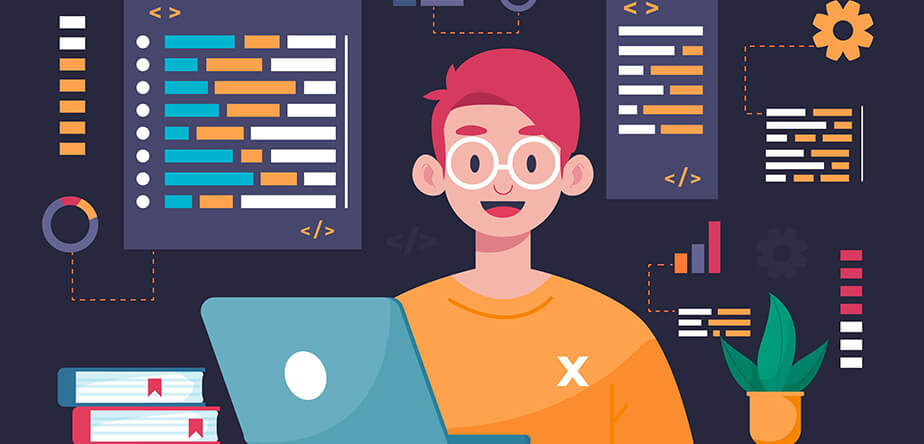AI's Impact on Frontend Development
In the ever-evolving landscape of technology, the role of Artificial Intelligence (AI) in frontend development has become increasingly prominent. As we step into 2024, it's crucial to delve into the advancements and transformations that AI brings to the forefront of web development. This article explores the symbiotic relationship between AI and frontend development, shedding light on the innovative changes shaping the digital experience.
AI-Powered UI Design:
One of the notable impacts of AI on frontend development lies in revolutionizing UI/UX design. Machine Learning algorithms analyze user behavior and preferences to create personalized and intuitive interfaces. Through predictive modeling, AI helps in anticipating user actions, streamlining the design process, and enhancing overall user satisfaction. As designers leverage AI-generated suggestions, we witness a shift towards more efficient and user-centric frontend interfaces.
Automated Code Generation:
In 2024, AI plays a pivotal role in automating mundane and repetitive tasks in frontend development. With the ability to understand complex patterns and coding conventions, AI tools assist developers in generating code snippets and even entire modules. This not only accelerates the development process but also reduces the likelihood of human errors, contributing to the creation of more robust and efficient frontend applications.
Dynamic Content Personalization:
Personalization has become a cornerstone of user engagement, and AI takes it a step further in frontend development. By analyzing user data in real-time, AI algorithms dynamically tailor content to suit individual preferences. Whether it's recommending products, customizing layouts, or adjusting language preferences, AI ensures a personalized and immersive browsing experience. This level of adaptability enhances user engagement and satisfaction, setting new standards for frontend development.
Enhanced Performance with AI Optimization:
AI doesn't just stop at design and personalization; it also plays a crucial role in optimizing frontend performance. AI algorithms analyze user interactions and system behavior to identify bottlenecks and areas for improvement. Through dynamic optimization, AI continuously fine-tunes frontend applications, ensuring faster load times, smoother animations, and an overall seamless user experience.
Conclusion
As we navigate the dynamic landscape of frontend development in 2024, it's evident that AI has become an indispensable ally in shaping the digital future. From automating coding tasks to crafting personalized user experiences, AI's impact on frontend development is transformative. Embracing these innovations not only enhances efficiency for developers but also elevates the end-user experience to new heights. As we look ahead, the collaboration between human creativity and AI intelligence is poised to redefine the boundaries of what's possible in the world of frontend development.



